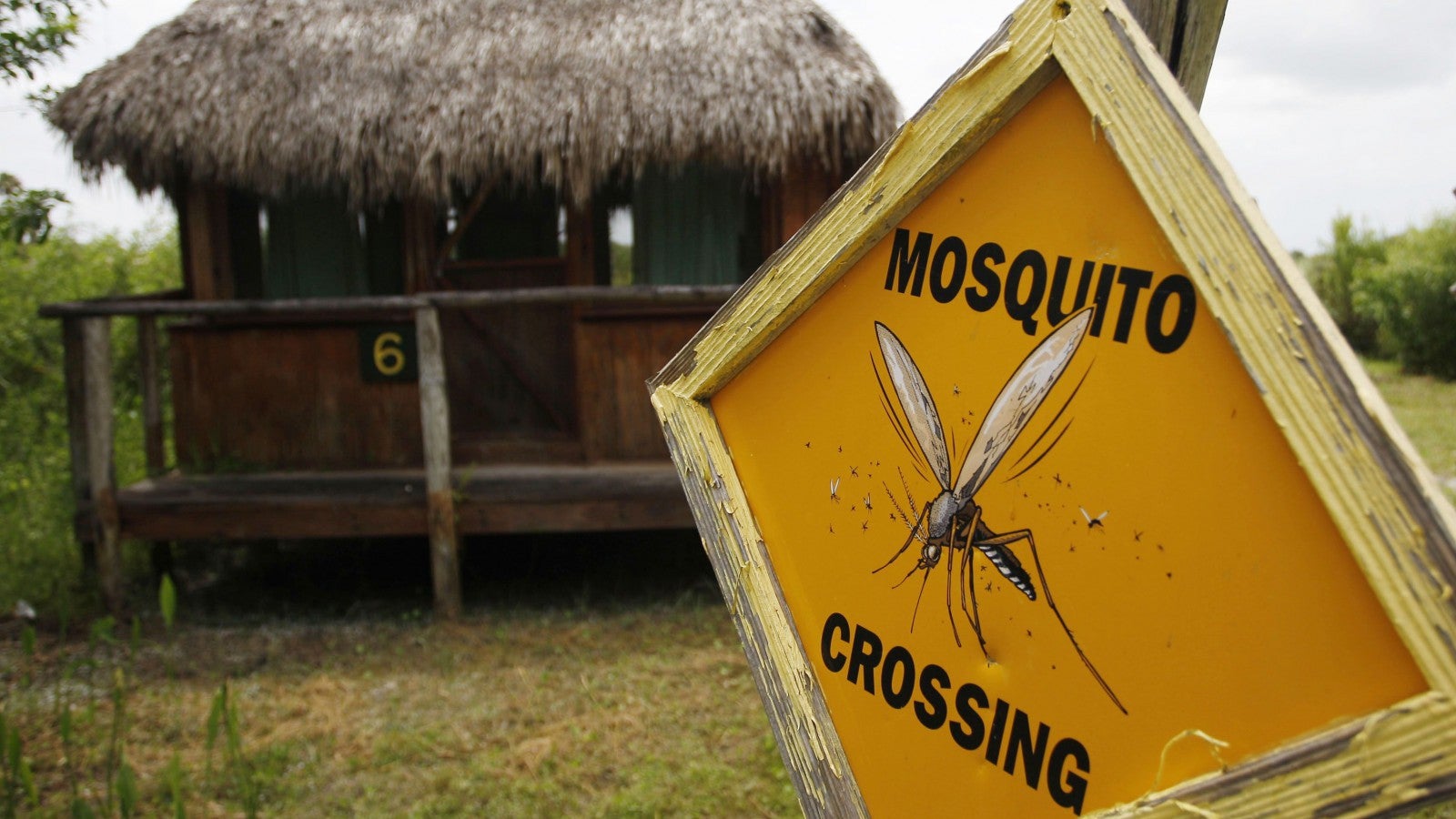The US confirms its first Zika virus infection, and says it was transmitted through sexual contact
Updated 4:25pm ET


Updated 4:25pm ET
Health authorities in Dallas, Texas said today (Feb. 2) that a local resident has contracted the Zika virus—the first confirmed case to be transmitted within the United States since the current outbreak began.
The patient—whose name, gender, and age were not released—reportedly had sexual relations with an individual who was returning from a country where Zika infections are widespread. Dallas officials received confirmation of the case from the US Centers for Disease Control and Prevention (CDC).
In adults, Zika is a relatively harmless virus, with about 20% of infected adults experiencing mild fever, rash, joint pain, and conjunctivitis. However, it has been linked to severe neurological birth defects in infants whose mothers contract the virus, and has also been associated with a dangerous auto-immune disease.
The Zika virus is most commonly transmitted through mosquitos, but there have been isolated cases where the disease was most likely transmitted through sexual contact. In one case, a researcher who had done work in Senegal unknowingly passed the virus to his US-based spouse.
In a second case, a man in Tahiti in French Polynesia had contracted Zika in the 2013 outbreak and suffered from symptoms twice eight weeks apart. After the second bout of infection, researchers tested his blood, semen, and urine. They found the Zika virus in semen and urine, even after it had disappeared from his blood. Though there wasn’t a confirmed case of transmission to another individual, researchers believe that this may be how Zika is sexually transmitted.
“Now that we know Zika virus can be transmitted through sex, this increases our awareness campaign in educating the public about protecting themselves and others,” said Zachary Thompson, director of the Dallas County Health and Human Services, said in a statement. “Next to abstinence, condoms are the best prevention method against any sexually-transmitted infections.”
Evidence for sexual transmission of Zika virus is still thin, compared to an estimated 1.5 million cases of mosquito-transmitted Zika. Scientists believe much more research is needed to be sure that Zika can indeed be transmitted through sexual intercourse.